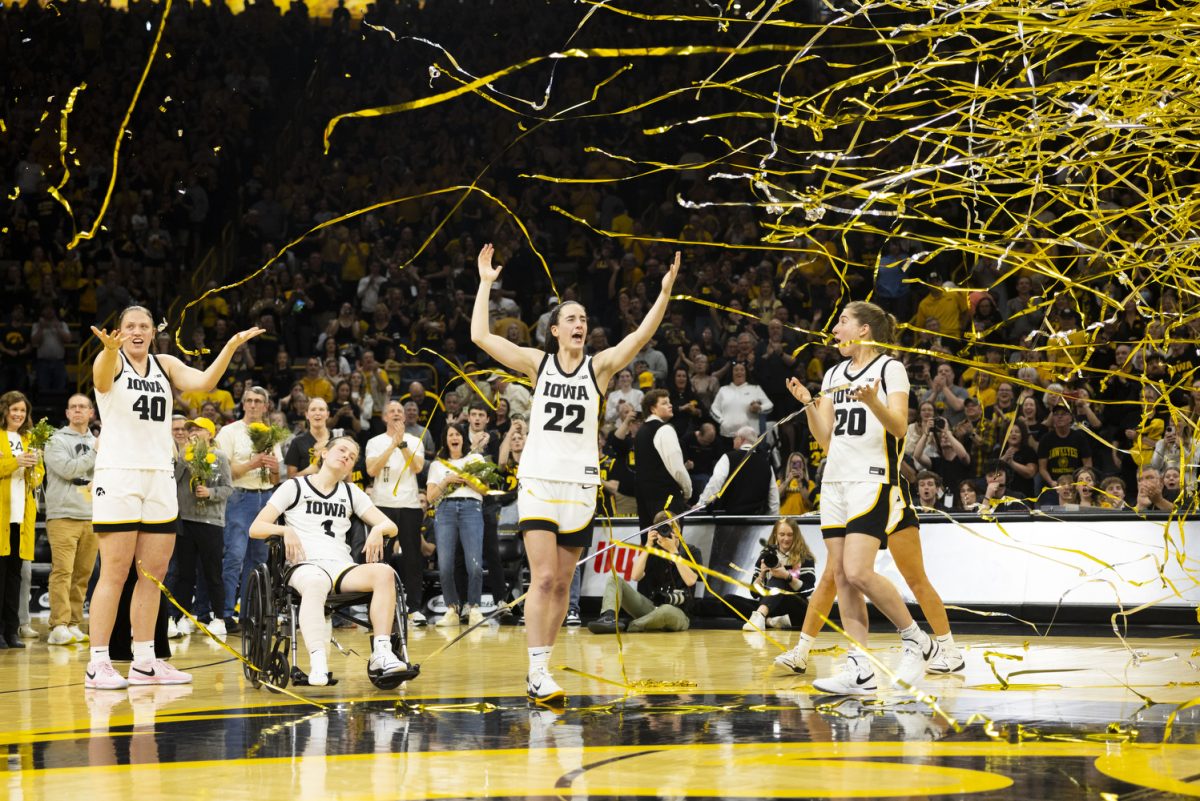Yes
Baseball is special for many reasons. The Midsummer Classic is one of those reasons.
Since that 2002 blunder of an All-Star Game, the MLB has made it so that the winning league of the game earns home-field advantage in the World Series later on in the season.
It’s the only one of its kind —NBA, NFL, and NHL All-Star Game equivalents don’t mean anything but a way to hold bragging rights over the opposing conference. In that sense, I’d like to see the rule stay.
Baseball fans alike tend to whine and moan about the idea, saying it cheats some of the league’s best teams out of home-field advantage when the Fall Classic rolls around. And there’s some truth to their complaints.
Home-field advantage does matter in the World Series — the team who owns it has won 25 of the last 32 World Series since 1980. That might be all baseball traditionalists need to say to start a petition and get the rule changed.
But rather than change the rule, let’s change the atmosphere of the All-Star Game itself. Let’s make it competitive. Let the fans vote, not for the players that will make the game more exciting (looking at you, Puig), but for the players that will help their league earn the right to have home-field in the World Series.
This isn’t going to happen overnight, of course. Hell, it may not happen at all. I’m not banking on it to ever happen, to tell you the truth.
But the rule makes baseball special. I’d like to keep baseball special.
— by Cody Goodwin
No
One prime example of the MLB All Star game at its finest was in the 2002. In the bottom of the first inning, Barry Bonds drove a ball deep to right-center. It looked like it was going to leave the park upon contact.
But Minnesota Twin center fielder Torii Hunter had other ideas. Leaping up over the wall, Hunter snagged the ball, bringing back the home run.
The talent on both sides of the play was clear, but what stood out was what happened after Hunter’s thievery. Bonds ran toward Hunter and appeared to want to give him a high five, but at the last second, lifted Hunter up onto his shoulders and into the air.
To me, this is the last true All-Star Game moment.
Unfortunately for baseball fans, that year, the All-Star Game ended in a 7-7 tie after 11 innings. Covering up what they saw as a blunder on their part, the MLB made the game count toward home-field advantage in the World Series. It’s hasn’t been the same since.
The All-Star Game should be a celebration of the MLB and its best players. Players should not be worrying about whether their play in one game will have effects come October.
In current format, a team could lead the MLB in wins and not get home-field advantage in the Fall Classic because their league’s All-Stars lost a single game — a single game in which most position players get around two at-bats and most pitchers are usually in for a lone inning.
I propose that home-field advantage be determined by one of two methods: Either the team with the best regular-season record or the league with the best record in interleague play. In turn, either of these would make the each regular-season game more significant.
What the MLB All-Star Game gained in competition it lost in fun. Losing the essence of what the game should be about.
Come tonight, I will more than likely find myself on my couch watching the game. And while the game is more competitive, that doesn’t necessarily make it better, or more entertaining.
— by Jacob Sheyko






